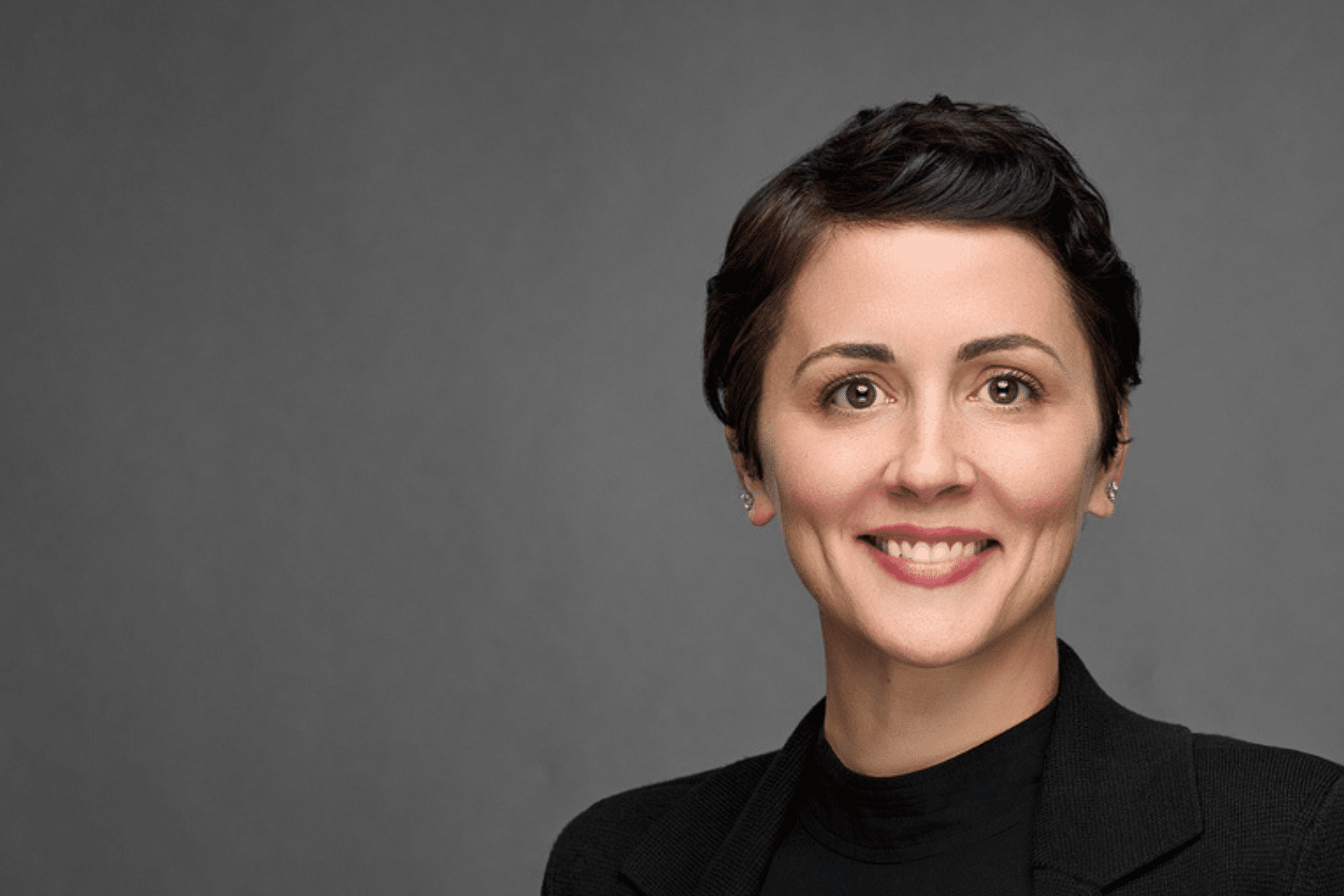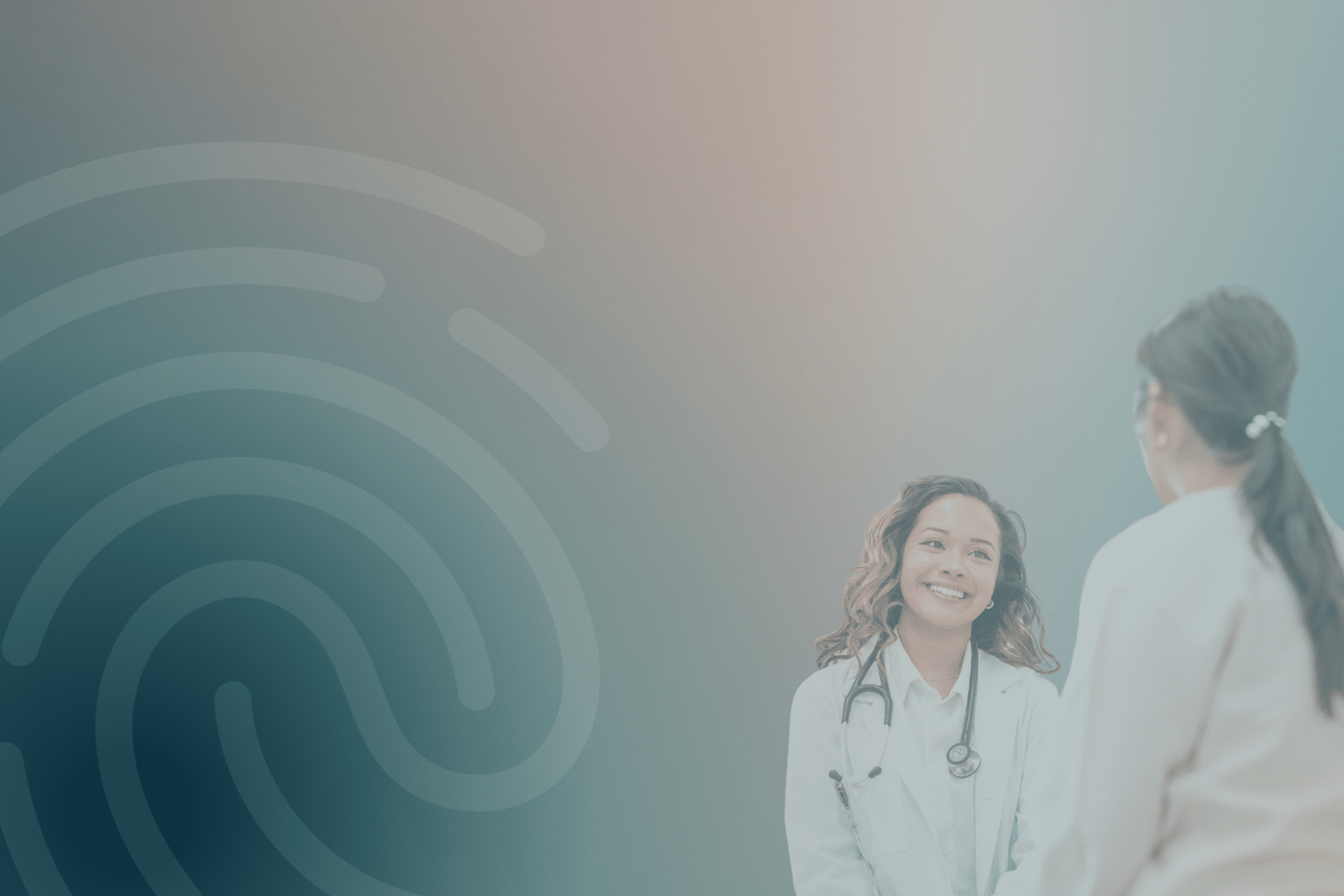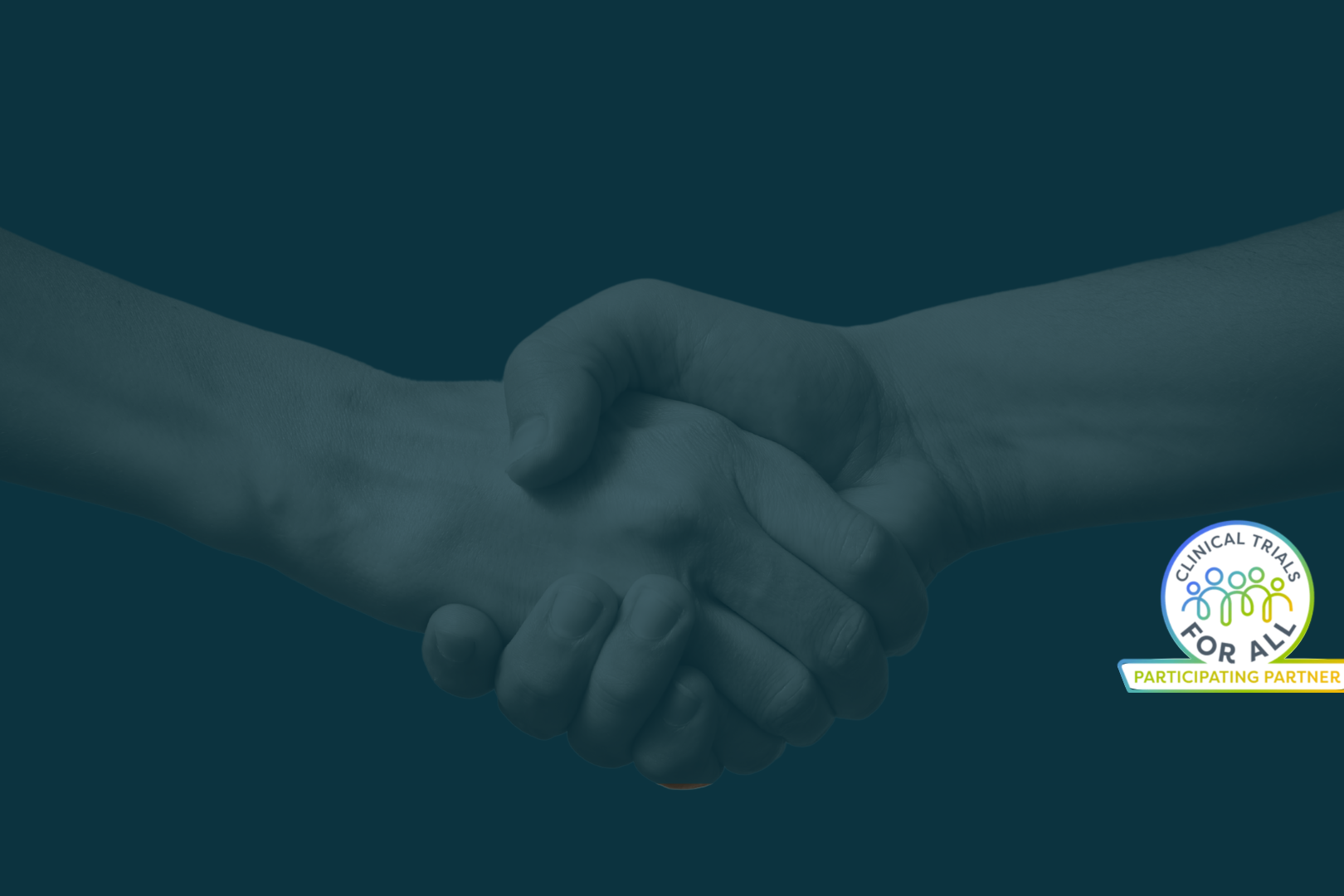My name is Megan, and I have Juvenile Myoclonic Epilepsy. I was diagnosed with JME after I had two seizures in my parents’ bedroom New Year’s Day, 2013. I was 14 years old. When I was diagnosed, I had no one to talk to and no one to give me any wisdom they had learned from their own experience with epilepsy. I struggled a lot and had to learn “do’s” and “don’ts” on my own. My hope with this post is to share what I’ve learned with other teens who are struggling so they don’t have to go through the hardships I went through. Think of this as my “Teens With Epilepsy Cheat Sheet” if you will.
The first and foremost thing I want to share is that epilepsy can’t stop you from living your life. Yes, you will have seizures, maybe even quite often at first, but they will not stop you from living your life to the fullest it can be. If you sit there and wallow in self-pity for the rest of your life following your diagnosis, you’ll definitely miss out on the teen experiences life has to offer. As hard as it might be at first, you need to remember that you are still capable of doing things. You may have limitations, but with help from others and with motivation and drive coming from yourself, you can still do what you want to do and enjoy life.
Second thing: Take. Your. Meds. Don’t let the idea of “oh it’s just one dose. I’ll be fine” or “they don’t even do much anyway” lead you astray. Missing even one dose can be catastrophic. Your likelihood of having seizures increases and the likelihood of those seizures being deadly increases. Don’t risk it. Yes, side effects suck and relying on pills suck, but does it really suck more than being in a hospital or being dead? I don’t think so. I’ve been there and done that, and it was the worst decision of my life. If side effects are really bothering you, talk to your doctor. You’d be surprised to know how many medications are out there for treating epilepsy. I definitely was.
Last thing, don’t be afraid or embarrassed to ask for help or support. While I did do a lot of my learning alone, I also had help from my local support group. Hearing others’ experiences and being able to talk about things you can’t talk about with your parents or friends takes a big weight off of your chest and allows you to see that you’re not alone. Realizing that you aren’t alone in the fight really helps your mindset and can lift you up from the rock bottom you might be at. I know support groups in movies and TV look really stupid, but when done right they actually really help.
Additional Resources
- Epilepsy Resources from Jumo Health
- Read Megan’s Away With Epilepsy Blog
- Like Away With Epilepsy on Facebook
- Follow Away With Epilepsy on Instagram



